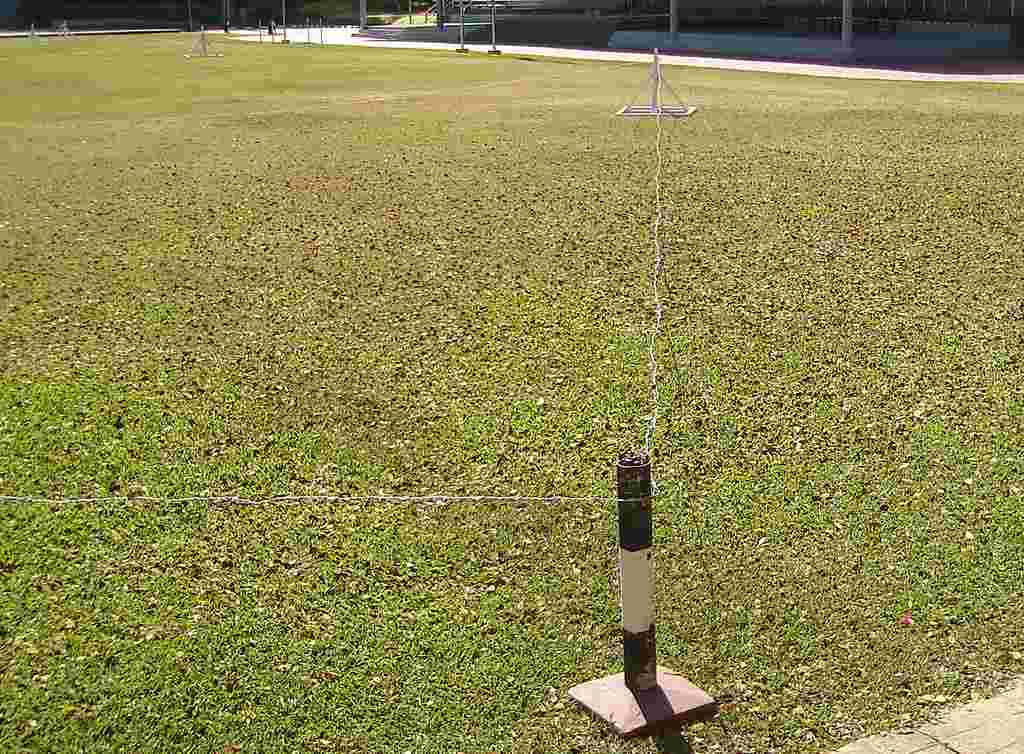Kota Kinabalu the 8th cheapest in the world
Lombok, Indonesia, di Timur timur. Rm17. Tapi tengok review score nya. Ertinya teruk lah servisnya. Kalau mahu cari yang lebih baik, perlu bayar lebih, bererti sama juga dengan Tuaran lah.

Sabah is allocated less than 8% of the National budget, when Sabah's population is more than 13%, and area more than 25%, because it is deemed less economical to develop Sabah and Sarawak. Sarawak is only fit to be a source of cheap renewable resources such as Bakun Hydro electric dam that is not even sold to Sabah, that is full of electric power failures.
Lombok, Indonesia, di Timur timur. Rm17. Tapi tengok review score nya. Ertinya teruk lah servisnya. Kalau mahu cari yang lebih baik, perlu bayar lebih, bererti sama juga dengan Tuaran lah.
Tuaran, Sabah rm25 sehari. Mahal sikit dari di Lombok yang konon paling murah di dunia. Lombok ini di Timur, tiada apa apa kecuali pelancongan. Tuaran ini 20km dari Kota Kinabalu, pengeluar minyak, kelapa sawit, kayu balak terbesar di Malaysia, termasuk pelancongan yang boleh kalahkan Lombok, tapi paling ramai orang miskin jauh betul sehingga 40% berada di Sabah. Kota Kinabalu pun ke 8 dari 10 termurah di dunia. Lombok konon termurah di dunia sebagai wakil Indonesia. Tapi Tuaran lagi murah, dan boleh di panggil bandar satelit kota Kinabalu juga. Ertinya orang Sabah susah mahu hidup di Lombok Indonesia kalau pakai gaji di Kota Kinabalu.
Free Malaysia Today: Come home and make a difference, young Sabahans told.
This is Article 4(3), despite recommendation to amend this article to comply with Malaysia Agreement, this was never carried out so Malaya never had a single thread of intention to honour any of the provision of the agreement. Need to go to International Courts for any violation of the agreements as evidenced by the constitution itself.
No point in questioning the validity of the constitution of article 4(3) is not amended. KK High Court is right in stating that we can apply law of torts to claim damages, as proven by the constitutional amendments but we cannot even challenge it in Malaysian courts. By not amending Article 4(3), Malaya already had no intention to honour any of the provision of the Malaysia Agreement. Just go to International Court. Need to verify article 4(3).
This is the 40% requirements which overides the constitution. If not in the constitution, this condition applies.
Chapter 3 shows clearly the Agreement violation. The review is under strict rules and take into account the financial needs of Sabah. Sabah, being reduced to be the poorest in the world, show the blatant violation of this agreement, necessiating payment of damages and penalties. Reporters also lie in saying that petroleum duty can be removed once Sabah is no longer responsible for health. With the proven poor health in Sabah where the number of doctors is less than half of Malaya, this is another blatant violation so customs revenues can be recovered plus damages and penalties.
If these governments do not comply, they break the agreement so citizens can ask for compensations and other remedies. We need to know the contents of the Inter Governmental report which includes the requirements for all Sabahans to man Federal Government posts in Sabah and probably the 40% provision. Even if not provided in the constitiution, then we can seek damages as well. This is to the end of time. Malaya and Sabah governments cannot escape.
 386
386



KUCHING: The High Court of Sabah and Sarawak has no jurisdiction to determine a suit filed by 12 Sarawakians to remove two territories from Malaysia, a government lawyer said.
Senior federal counsel Shamsul Bolhassan said the enlarged union in 1963 was the result of an international treaty.
In the suit, the plaintiffs, among others, want a declaration that the Malaysia Agreement 1963 was void from the beginning.
Shamsul said that the plaintiffs were under a “grave misunderstanding” that they could push for Sabah and Sarawak to exit Malaysia through a court process.
“The subject matter of the plaintiffs’ claim is beyond the jurisdiction of the court and inherently unsuited for judicial determination,” Shamsul said in his submission to strike out the suit.
Shamsul, who is assisted by Ahmad Hanir Hambaly, Liew Horng Bin and Low Wen Zhen, said policy decisions were the business of the legislature and the executive.
He said the crux of the plaintiffs’ claim was to seek independence for Sabah and Sarawak and their immediate exit from Malaysia, a relief that the court had no power to grant.
In response, lawyer Voon Lee Shan said the High Court of Sabah and Sarawak “belonged to the people of the land”.
“The power of the legislature, the executive and the court comes from the people of the land who are supreme,” he said, adding that the judiciary here has the jurisdiction to adjudicate the plaintiffs’ claim.
Voon said the plaintiffs filed the suit on the grounds that Malaysia was illegally formed.
He added that the plaintiffs’ claim was no different from any other civil suit premised on tortious or contractual breaches or fraud.
“This is not a dispute between international bodies or between countries,” he added.
Led by Dorus Katan Juman, the plaintiffs filed a writ and statement of claim last year, naming Putrajaya, the British and Sarawak governments as defendants.
They are seeking damages for mental and emotional stress, and loss and damage from the unlawful or illegal acts of the three defendants jointly or individually.
Shamsul said the British government was not represented as the plaintiffs did not serve the legal papers in accordance with the law.
J C Fong, who represented the Sarawak government, has taken a similar stand with Putrajaya.
Judicial commissioner Alexander Siew will deliver his ruling on March 31.











